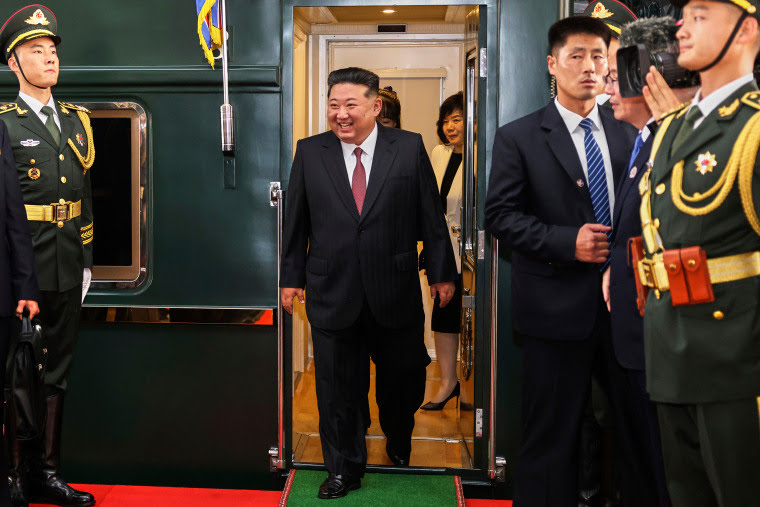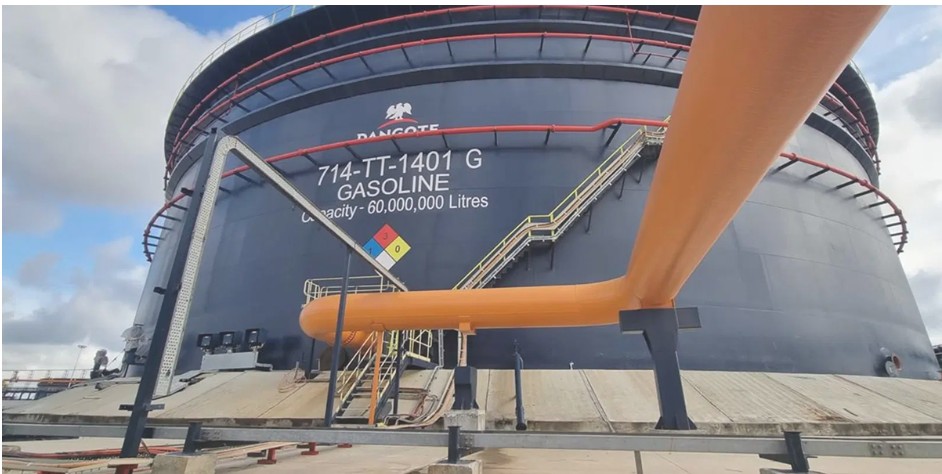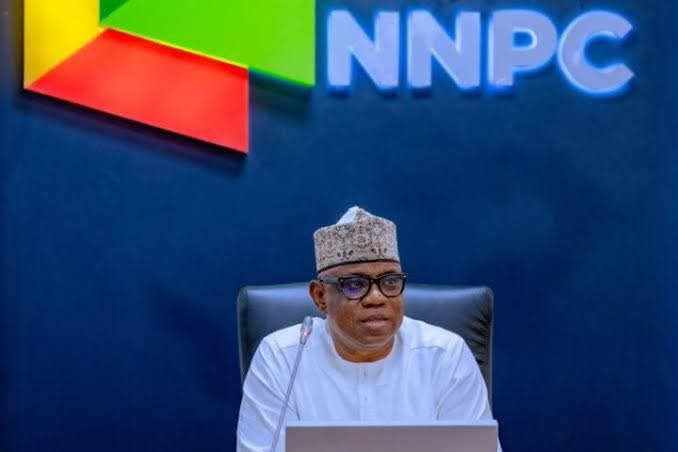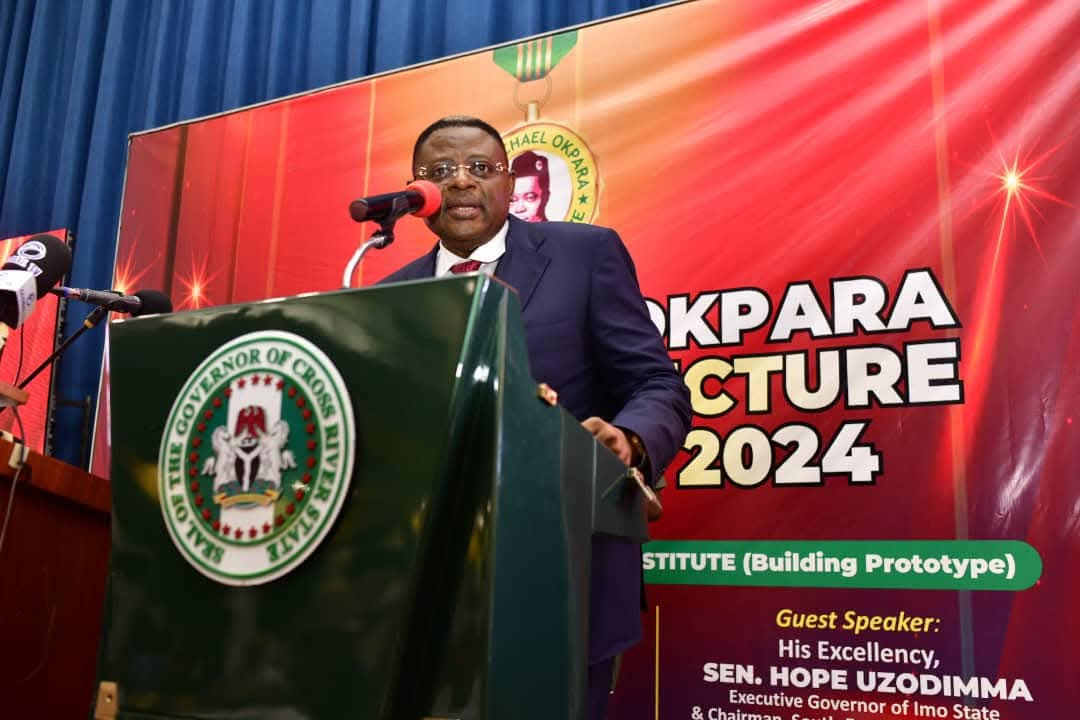North Korean leader Kim Jong Un arrived in Beijing on Tuesday for a rare visit, joining Russian President Vladimir Putin and Chinese President Xi Jinping at a massive military parade. The event, which commemorates the 80th anniversary of the end of World War II, is seen as a powerful display of unity among nations often at odds with the West.
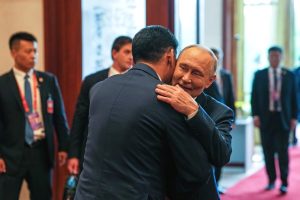
Kim was seen stepping off his armored train at a Beijing railway station, a departure from his typically reclusive style. He is set to attend the parade alongside Putin, Xi, and Iranian President Ebrahim Raisi.
The gathering underscores a growing alliance between China and Russia, who are working to establish a new global order that challenges the long-standing dominance of the United States. During a separate meeting, Putin referred to Xi as a “dear friend” and stated that relations between their countries had “reached their highest level in history.”
The show of force comes as U.S. foreign policy under President Donald Trump has alienated some key partners through trade wars, aid cuts and a withdrawal from international institutions. The parade and related events are aimed at showcasing a vision of a multi-polar world.
On the sidelines of the festivities, Xi hosted leaders for a summit of the 10-member Shanghai Cooperation Organization (SCO). Putin and Xi also held separate talks with Indian Prime Minister Narendra Modi. Despite improving ties, India’s decision to not participate in the parade highlights persistent differences.
In a move to strengthen their economic ties, Russia’s energy giant Gazprom signed a memorandum to advance the construction of the Power of Siberia 2 pipeline, which will supply more natural gas to China. Additionally, China’s Foreign Ministry announced it would expand its visa-free policy to include Russian citizens.
The leaders also highlighted their shared history during World War II, with Putin saying, “We were together then, we remain together now.” The Soviet Union’s declaration of war on Japan in the final weeks of the conflict played a significant role in hastening Tokyo’s surrender, a historical tie-in that both nations are keen to emphasize.


